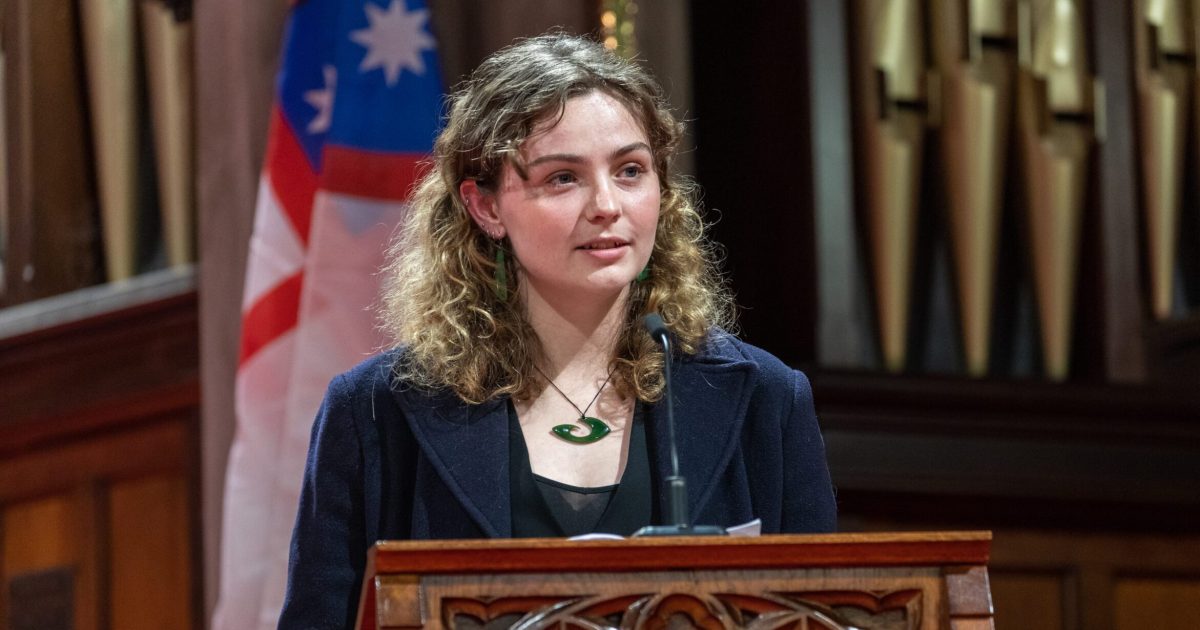As youth in New Zealand, we are the guardians of our nation’s future, inheritors of a past shaped by Te Tiriti o Waitangi – a foundational document that defines our collective journey towards justice and inclusivity in Aotearoa.
For me, Te Tiriti isn’t just a piece of history, it’s a set of guiding principles that shape my understanding of democracy and responsibility. Yet, in our daily lives, its true significance often remains obscured by misunderstandings, historical inaccuracies, and a reluctance to confront uncomfortable truths.
Discussions about Te Tiriti are too frequently clouded by contention and confusion. Misinformation spreads unchecked through media channels and political rhetoric, perpetuating myths that undermine genuine understanding and equitable decision-making power. This environment of uncertainty and mistrust hinders our progress towards a truly inclusive society.
Honouring Te Tiriti o Waitangi means delving into New Zealand’s history with an open mind and a willingness to sometimes feel uncomfortable.
It requires acknowledging the historical context of colonisation – as well as its enduring consequences.
To this day, systemic inequities persist in health, education, and socio-economic outcomes for tangata whenua. Colonisation isn’t a distant memory; it’s a living reality that continues to shape our society and exacerbate disparities.
As young people, we cannot afford to be passive observers of political assimilation and the active dismantling of services and tools that serve not only Māori, but all people in Aotearoa.
We must be advocates for change, challenging colonial systems and structures, and demanding accountability from those in power.
Living by Te Tiriti as tauiwi means actively listening to and amplifying Māori voices, recognising their inherent rights as tangata whenua, and working collaboratively toward genuine partnership and shared futures.
This commitment isn’t about superficial gestures or tokenism. It’s about fostering a culture of respect and understanding, where all cultures are valued, and diversity is celebrated as a strength.
It’s about creating spaces where everyone feels included, heard, and empowered to contribute to our collective future. Without these things, Aotearoa cannot claim to be a true democracy.
Living by Te Tiriti doesn’t require fluency in te reo Māori or adherence to specific cultural practices.
It requires humility to admit when we’re wrong, courage to confront uncomfortable truths, and a willingness to educate ourselves continuously. It’s about challenging ourselves to confront our own biases and privileges, and actively working to dismantle the systems that perpetuate inequality.
In essence, embracing Te Tiriti o Waitangi is not just a moral imperative but a practical pathway to a more just and equitable Aotearoa.
It’s about building a future where justice, equity, and partnership are not just aspirations but everyday realities.
As young New Zealanders, let us be willing to learn and seize the opportunity to shape a future where the principles of Te Tiriti guide us towards a society where everyone can thrive.

